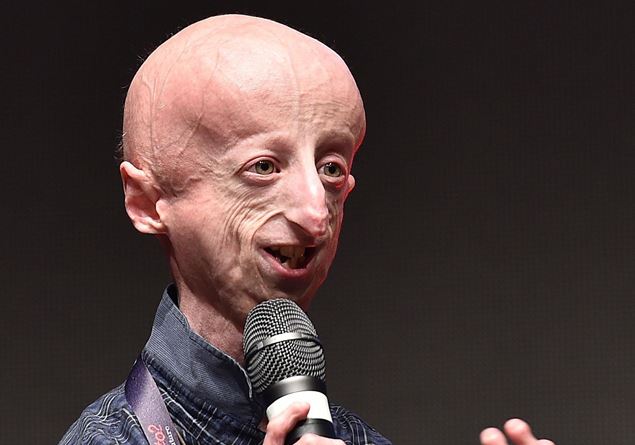
The actress announces the recurrence of her cancer.
“Adrenocorticaloma, in addition to its rarity, has completely transformed me. Me, my life, my general condition, my morale, my abilities, my freedom, my carefreeness” shared actress Émilie Dequenne on her Instagram account on August 12, 2024. A year earlier, in August 2023, she learned of her illness. She was 42 years old. “I was filming, I had a stomach ache and I was very tired. (…) A weird blood test, a scanner to take, a mass on the scanner, a huge mass on the adrenal gland” she says in the show Sept à Huit broadcast on TF1 on December 1, 2024. The doctor is clear, he tells her she has cancer “serious, extremely rare, extremely repeat offender”. Today, the treatment of his illness “not progressing well”. “A part of my cancer responds to it and another part does not respond to it or even progresses and the part that progresses is larger than the part that reduces. Here I go again for the chemo that I experienced with a dose in addition to one something new.”
Adrenocorticaloma is a cancer little known to the general public given its rarity, “about 1 to 2 people per year in the world in a million” shares the actress. It develops in one or both adrenal glands present above the kidneys. These glands participate in the secretion of hormones such as glucocorticoids, hormones which act on blood sugar; mineralocorticoids represented by aldosterone which balance the amount of sodium and potassium in the body; and androgens, hormones for the development of male sexual characteristics. In the vast majority of patients, adrenocortical carcinoma affects a person without any cause or contributing factor being able to be identified.
“I know I won’t live as long as I expected.”
Among the symptoms of adrenocortical carcinoma, weight gain or even android obesity predominant in the abdomen, hypertension, a decrease in muscle mass, an increase in hair growth, masculinization in women and sometimes also the desire to drink a lot. of water due to the decrease in potassium. The severity of the disease depends, as with all cancers, on the stage of development at the time of diagnosis. At stages 1 and 2, the cancer is localized to the adrenal gland, it is operable and the chances of cure are high. At stage 3 and 4, there is regional invasion or even distant metastases.
If the tumor recurs or there are unresectable distant metastases, doctors may prescribe mitotane (Lysodren®). “We rarely use cytotoxic chemotherapy in these tumors. It is reserved for failures or very aggressive forms because it works less well than in other cancers” Professor Jérôme Bertherat, head of the endocrinology department at Cochin hospital, explained to us in a previous article.
Émilie Dequenne has already had a first cycle of chemotherapy and is preparing to receive a second. The prognosis for the progression of the disease is variable. “I know I won’t live as long as I expected.” confided the young woman. “If we obtain a complete excision, the life expectancy at 5 years is more than 80%, Professor Bertherat informed us. On the other hand, in metastatic stages, life expectancy does not exceed 30% at 5 years..”







